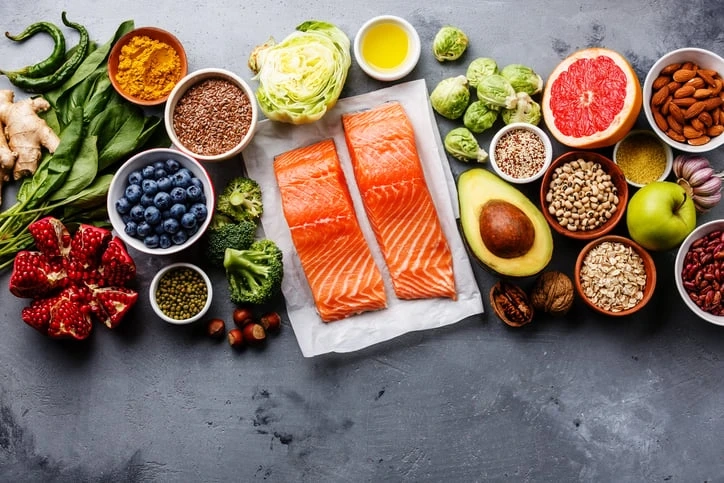In today\'s fast-paced world, maintaining healthy eating habits can be challenging. With the abundance of convenience foods and the constant barrage of advertisements promoting unhealthy options, it\'s easy to fall into the trap of consuming foods that are high in sugar, fat, and empty calories. However, by developing mindful eating practices and making informed choices, you can build a sustainable diet that supports your overall health and well-being. This blog will explore practical strategies to avoid unhealthy foods and embrace healthier eating habits.
Understanding the Impact of Unhealthy Foods
Recognize the Triggers
Stress and Emotional Eating: Stress and emotions can drive people to seek comfort in food. Practice stress-management techniques such as mindfulness, meditation, or engaging in physical activities like yoga or walking to reduce the urge to eat unhealthy foods.
Boredom: When you\'re bored, it\'s easy to reach for snacks to pass the time. Find alternative activities to keep yourself occupied, such as reading, crafting, or exercising.
Social Situations: Social gatherings often involve unhealthy food choices. Plan ahead by eating a healthy meal before attending events or bringing healthier options to share with others.
Stock Your Kitchen with Healthy Options
Fruits and Vegetables: Fresh or frozen fruits and vegetables are excellent sources of vitamins, minerals, and fiber. Aim to include a colorful variety in your diet to ensure you\'re getting a range of nutrients.
Whole Grains: Replace refined grains with whole grains like brown rice, quinoa, oats, and whole wheat bread. Whole grains are rich in fiber, which aids digestion and helps you feel full longer.
Lean Proteins: Incorporate lean protein sources such as chicken, turkey, fish, beans, and legumes. These proteins are essential for muscle repair and overall health.
Healthy Fats: Include sources of healthy fats like avocados, nuts, seeds, and olive oil. Healthy fats support brain health and can help reduce inflammation.



